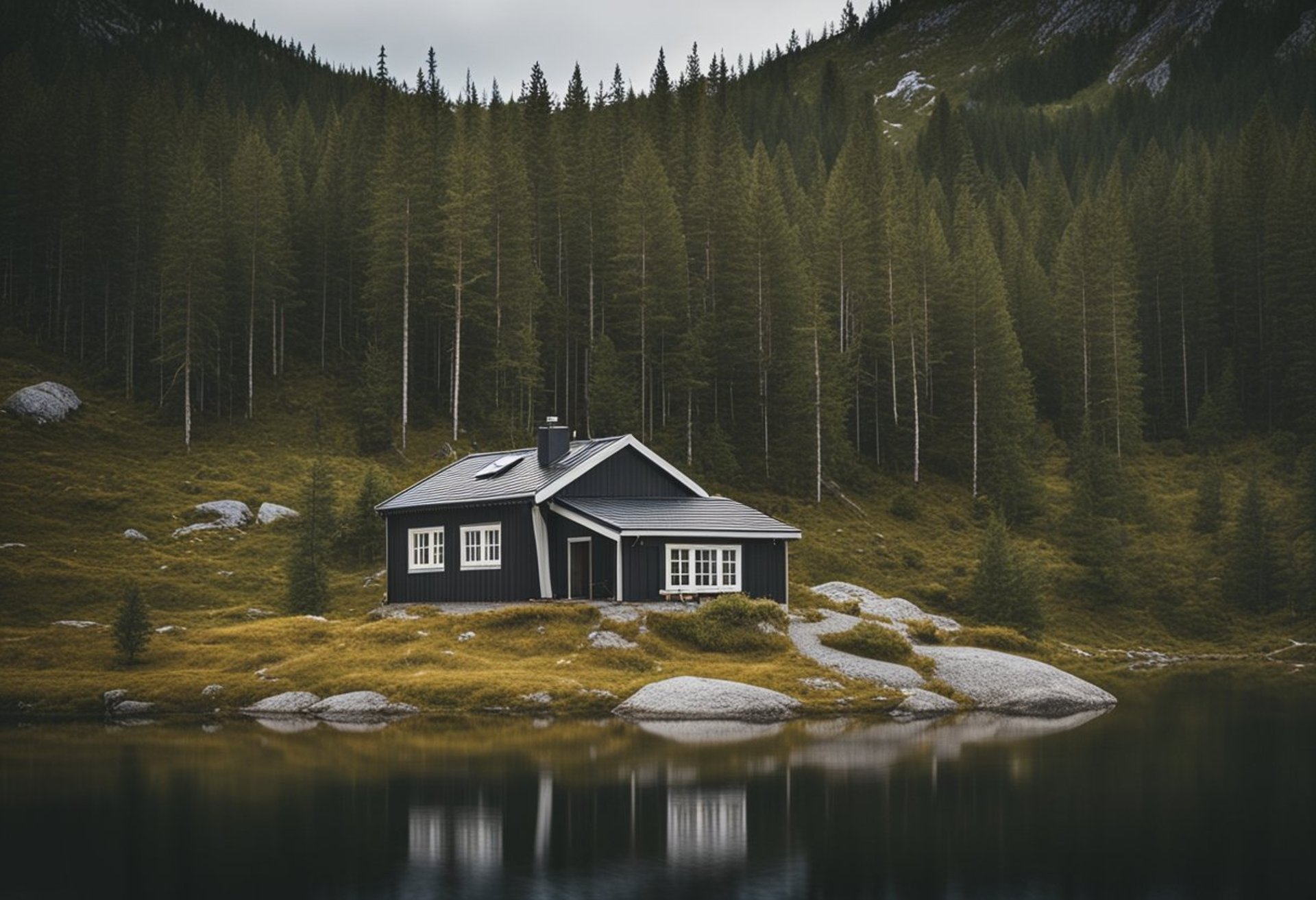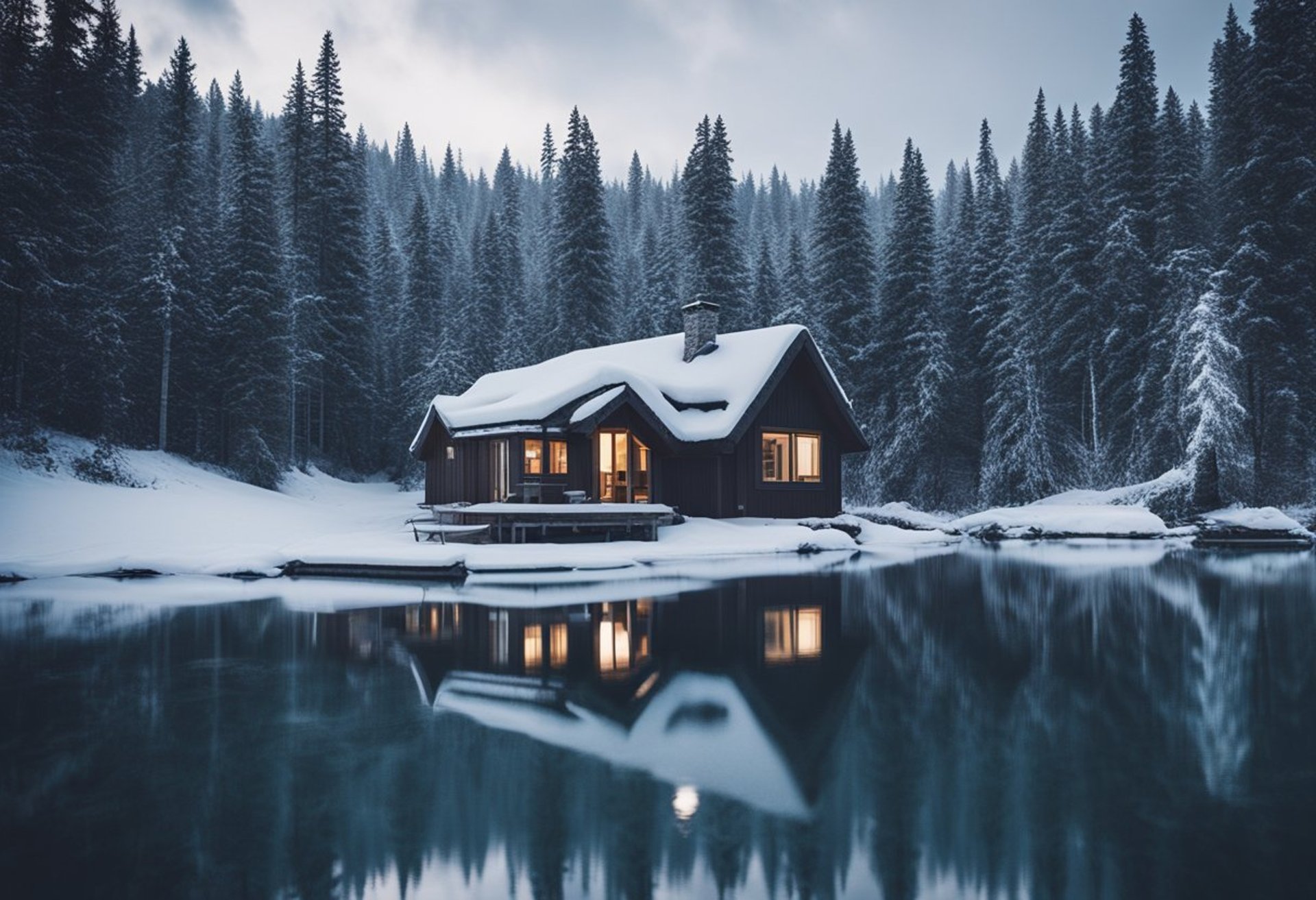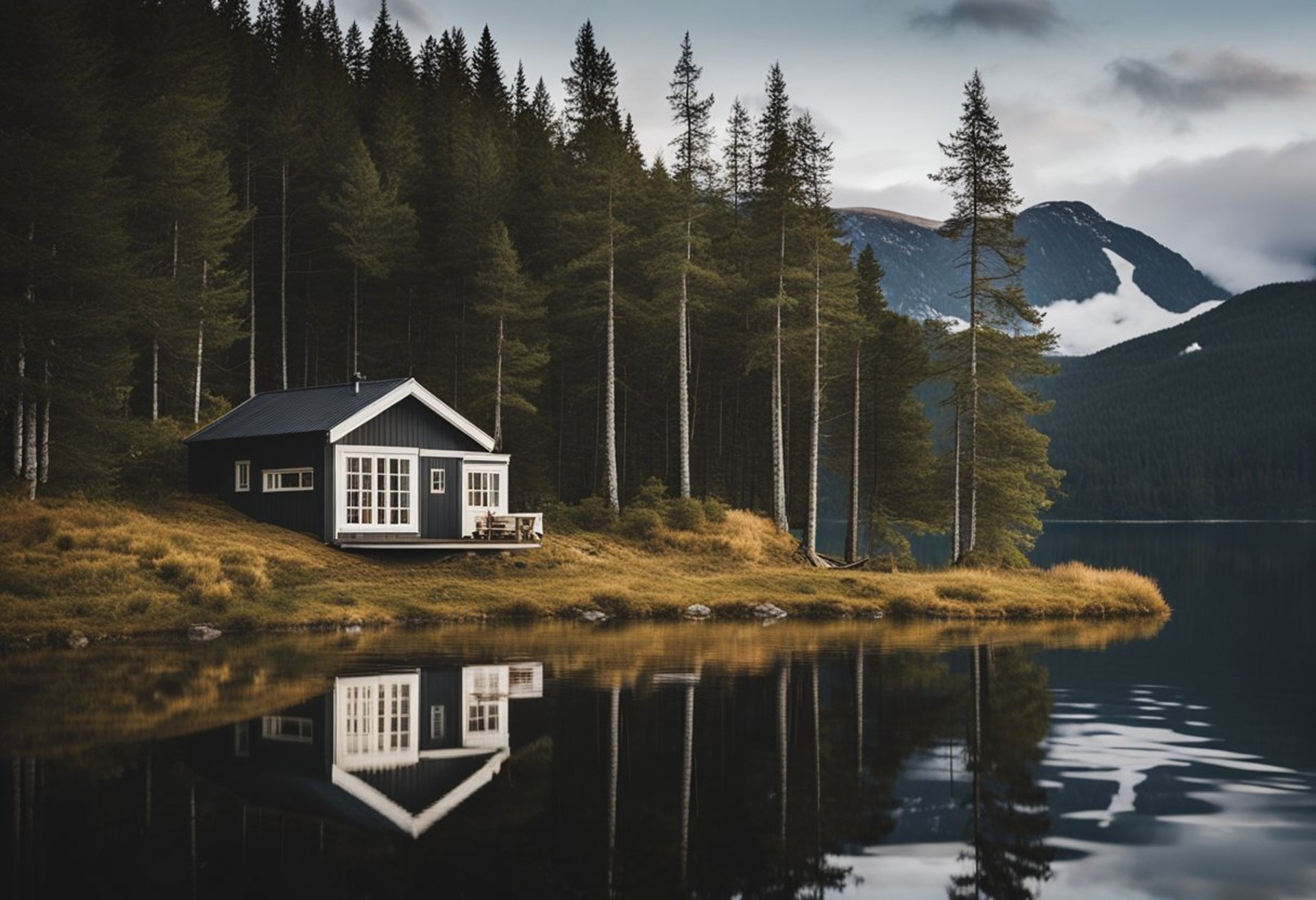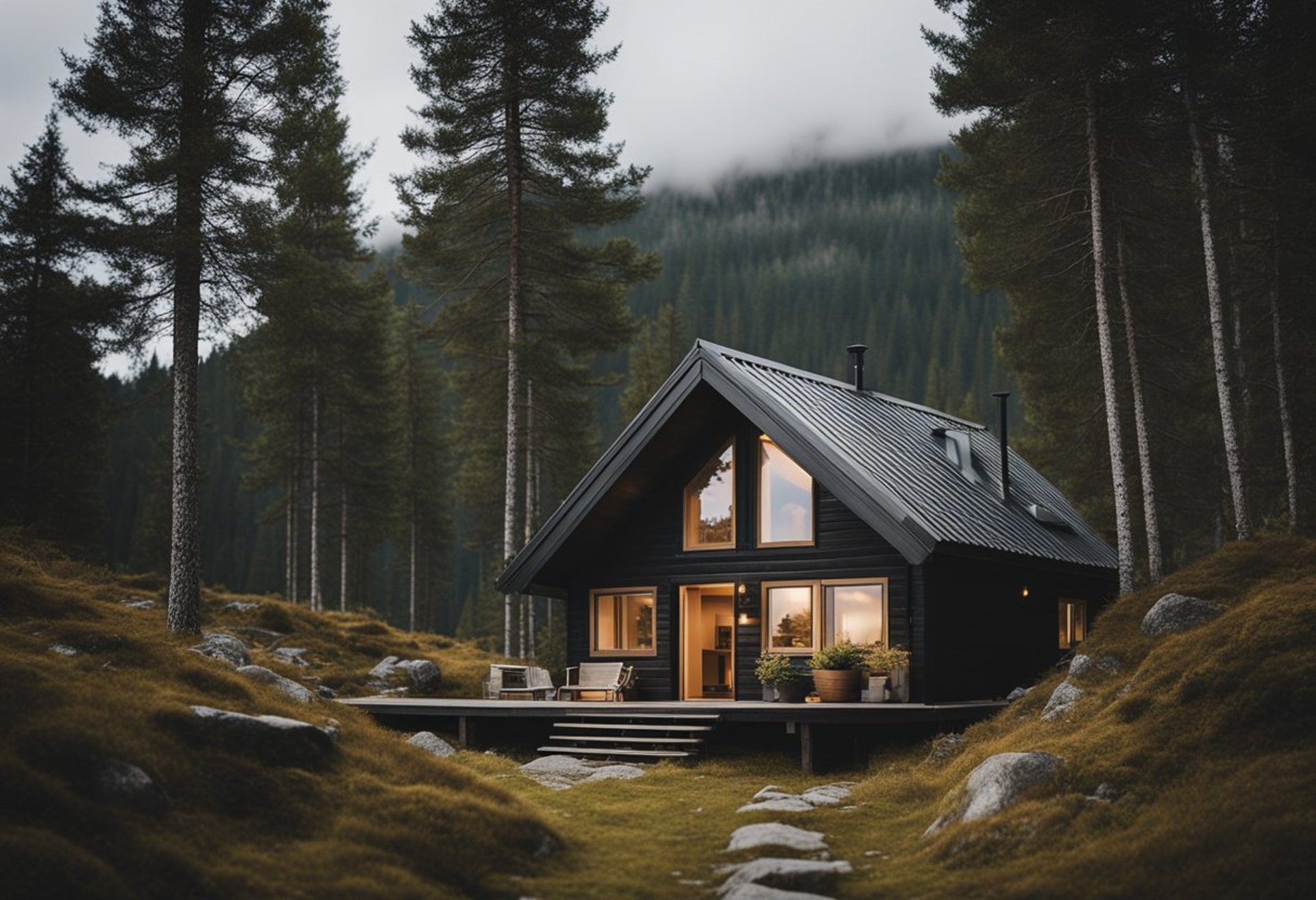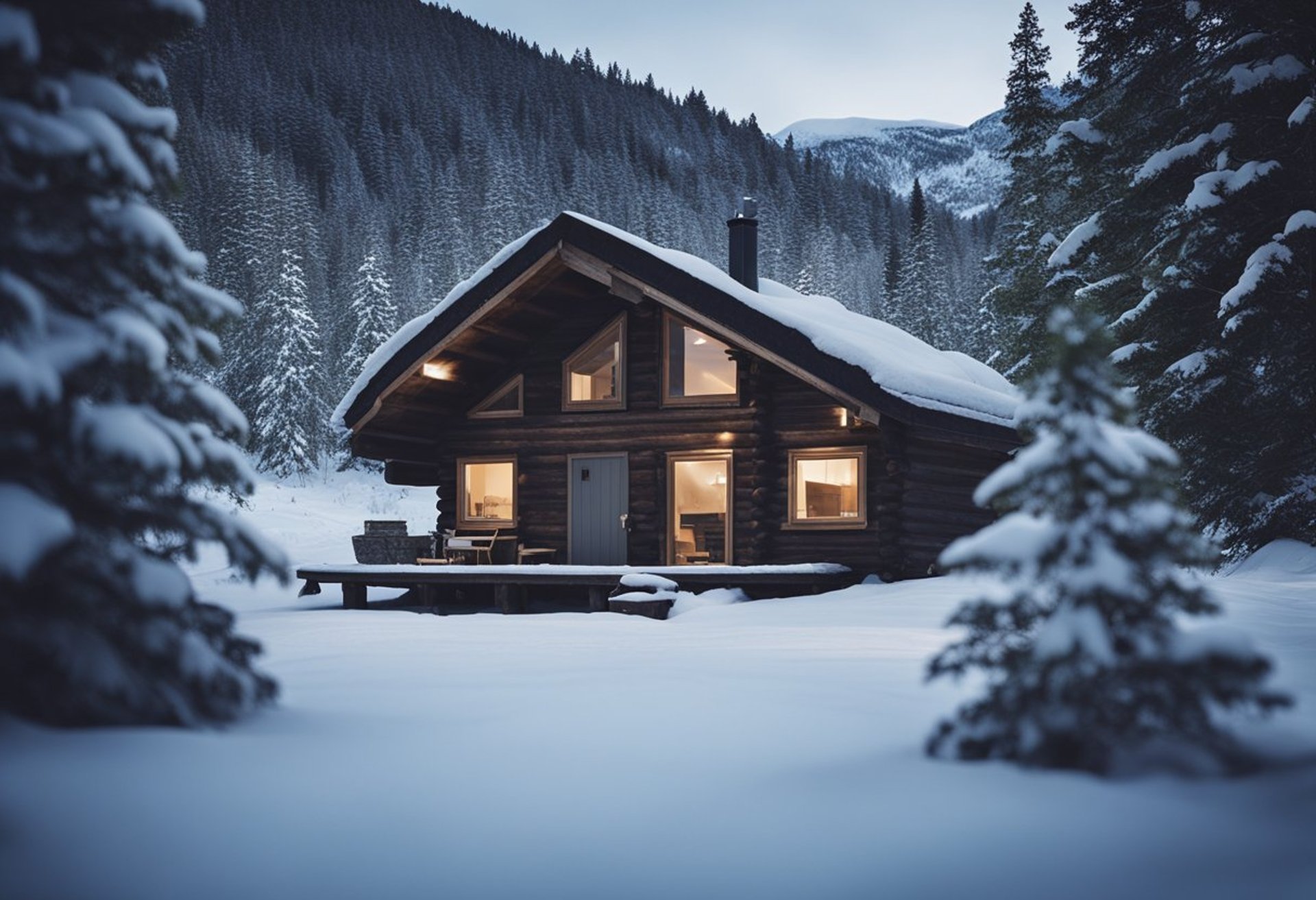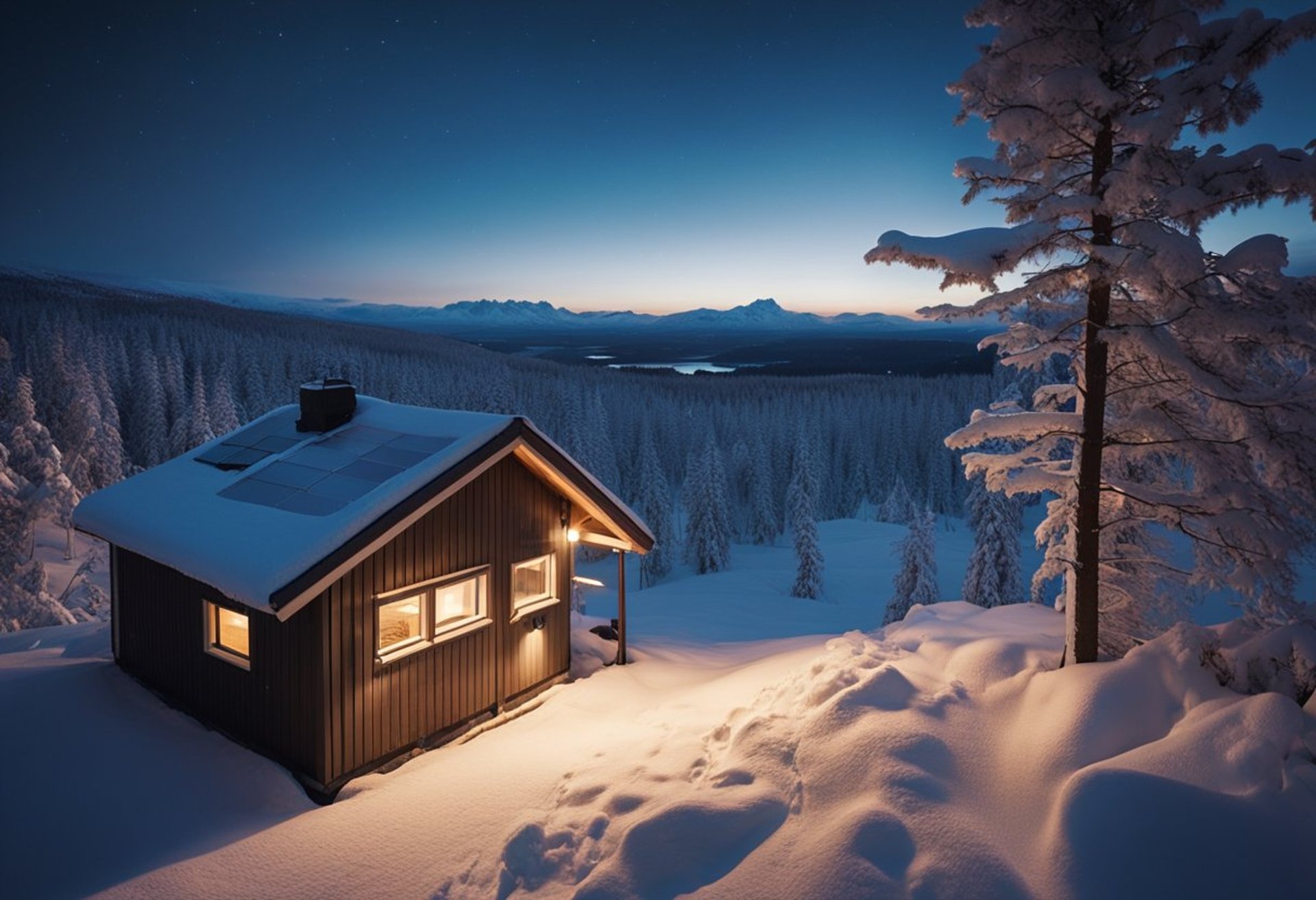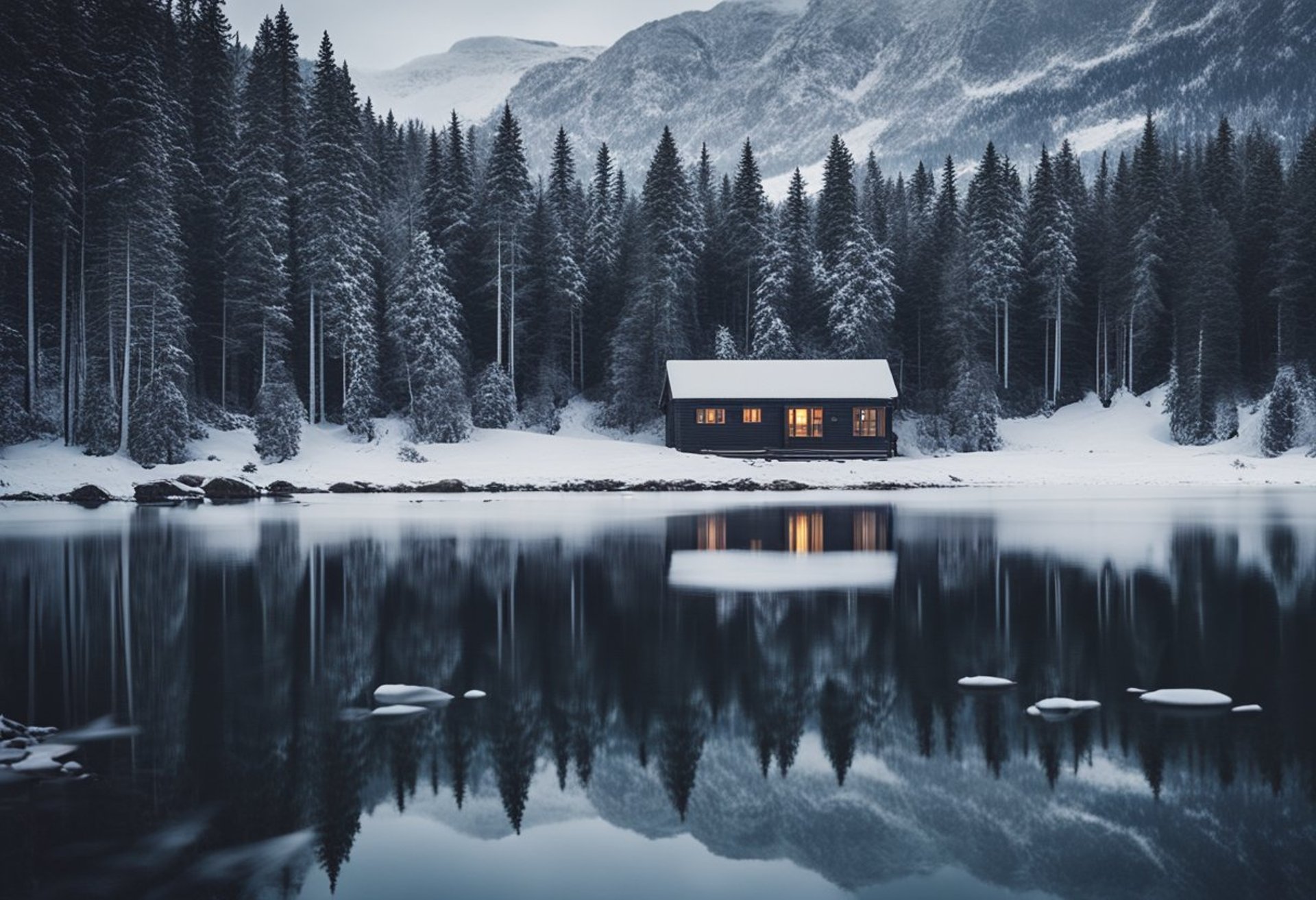8 tips to live Off Grid New Zealand
New Zealand, with its breathtaking landscapes and commitment to sustainability, is an ideal place for off-grid living. Embracing an off-grid lifestyle allows you to connect deeply with nature while enjoying the freedom and self-sufficiency that comes with it. Here are eight essential tips for living off-grid in New Zealand.
8 Tips for Living Off-Grid in New Zealand
New Zealand, with its breathtaking landscapes and commitment to sustainability, is an ideal place for off-grid living. Embracing an off-grid lifestyle allows you to connect deeply with nature while enjoying the freedom and self-sufficiency that comes with it. Here are eight essential tips for living off-grid in New Zealand.
1. Choose the Right Location
Finding the perfect spot for your off-grid home is crucial. New Zealand offers diverse landscapes, from lush forests to stunning coastlines. Consider factors such as access to water, sunlight, and proximity to resources. Look for land that is not only beautiful but also suitable for sustainable living, ensuring that you can meet your basic needs without relying on external sources.
2. Invest in Renewable Energy
New Zealand has abundant renewable energy resources, making it ideal for off-grid living. Solar power is a popular choice, with many homeowners installing solar panels to harness the sun’s energy. Wind and micro-hydro systems can also be effective, particularly in windy regions or areas with flowing water. Investing in renewable energy ensures that you have a sustainable power source while reducing your carbon footprint.
3. Implement Water Conservation Practices
Water is a vital resource for off-grid living. In New Zealand, rainwater harvesting is an excellent option for collecting water. Install a rainwater collection system on your roof, complete with filters and storage tanks. Additionally, implement water-saving practices such as low-flow fixtures, composting toilets, and mindful water usage to ensure that you conserve this precious resource.
4. Grow Your Own Food
One of the most rewarding aspects of off-grid living is the ability to grow your own food. New Zealand’s varied climate allows for a wide range of crops to be grown throughout the year. Start with a vegetable garden, herbs, and fruit trees to create a self-sustaining food source. Consider permaculture principles to maximize your garden’s productivity while promoting biodiversity.
5. Learn Essential Skills
Living off-grid requires a variety of practical skills, from gardening and food preservation to basic carpentry and plumbing. Invest time in learning these essential skills, either through workshops, online resources, or community groups. The more knowledge you have, the more self-sufficient and capable you will become in maintaining your off-grid lifestyle.
6. Embrace Minimalism
Off-grid living often goes hand-in-hand with minimalism. By simplifying your life and reducing unnecessary possessions, you can focus on what truly matters—connection with nature and self-sufficiency. Embrace a minimalist lifestyle by decluttering your home, choosing multifunctional furniture, and prioritizing experiences over material goods.
7. Connect with the Local Community
Building connections within your local community is vital for successful off-grid living. Engage with like-minded individuals who share your passion for sustainability and self-sufficiency. Join local groups or forums to exchange knowledge, resources, and support. Collaborating with others can lead to valuable friendships and a stronger sense of belonging.
8. Stay Flexible and Adaptable
Living off-grid comes with its challenges and uncertainties. Embrace a flexible mindset and be prepared to adapt to changing circumstances, whether they involve weather conditions, resource availability, or unexpected events. A positive attitude and a willingness to learn from challenges will enhance your off-grid experience and help you thrive in this rewarding lifestyle.
---
Living off-grid in New Zealand is an enriching journey that allows you to reconnect with nature and live sustainably. By following these eight tips, you can create a fulfilling, self-sufficient lifestyle that reflects your values and embraces the beauty of the land.

